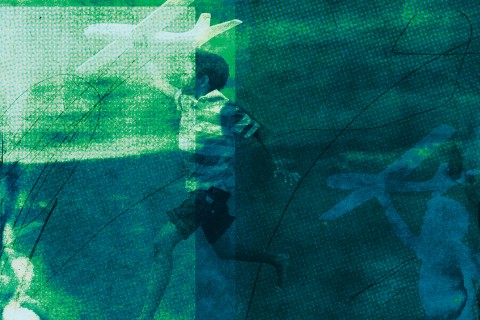Disgrace, by J. M. Coetzee
In this novel, perhaps his masterpiece, J. M. Coetzee emerges as the most old-fashioned kind of literary genius: a person whose strong imagination is guided by firm and deeply held beliefs. Coetzee's powerful style, admired so much for its own sake, seems to grow from these beliefs.
Disgrace is the story of a South African professor of English who loses everything: his reputation, his job, his peace of mind, his good looks, his dreams of artistic success, and finally even his ability to protect his cherished daughter. As in all of his mature novels, Coetzee here deals with the theme of exploitation. His favorite approach has been to explore the innocuous-seeming use of another person to fill one's gentler emotional needs.
In Age of Iron and Foe, women instinctively nurture the oppressed, but with only a vague idea of who such people might be internally, and what they consider their own needs to be--gender, language and culture stand immutably in the way. In Waiting for the Barbarians, Life and Times of Michael K and The Master of Petersburg, men reach out from guilt and the desire for connectedness, but with even less success than the women. The protagonist of Disgrace is a more blatant user. Twice-divorced, David Lurie regularly frequents a prostitute until he discovers by chance that she has two small sons. Chilled and confused (as she is herself), he seeks sex from one of his students and ends up fired for sexual harassment. His daughter's remote Eastern Cape farm, to which he then retreats, becomes the site of robbery, rape and torture. A series of impasses follows, as Lurie seeks to deal with the crimes and the threat of more violence, to reach an understanding with the student he harassed and her family, and--it takes Coetzee's masterful storytelling to make this fit--to complete an opera about passion, aging and death.
Coetzee's titles are packed with meaning. The word "disgrace" may hint at the state of grace that can be achieved only by compassion for other living beings. The fault that sets the tragedy in motion is David Lurie's inability to sympathize with his student. He can see but does not really take in the clear signs that she does not desire him as he desires her.
This novel brings to mind the theology of kenosis, the self-emptying necessary for spiritual growth. After being brutally handled by the robbers, Lurie knows his injuries are not severe, yet he "feels his interest in the world draining from him drop by drop." Later, he imagines his operatic heroine intoning, "What does this immense solitude mean? And what am I myself?"
The novel's many literary allusions are remarkably cohesive on the subject of spiritual alienation: Lucifer, Cain, the tragedy of birth in Wordsworth--there is a full and even fulsome repertoire of soullessness. The same theme can be found in many modernist and postmodernist writers, but Coetzee cancels the usual pretentious and self-pitying overtones by taking the story to its logical conclusion: those who, like Lurie, are truthful and courageous in losing a mediocre soul can gain a better one.





